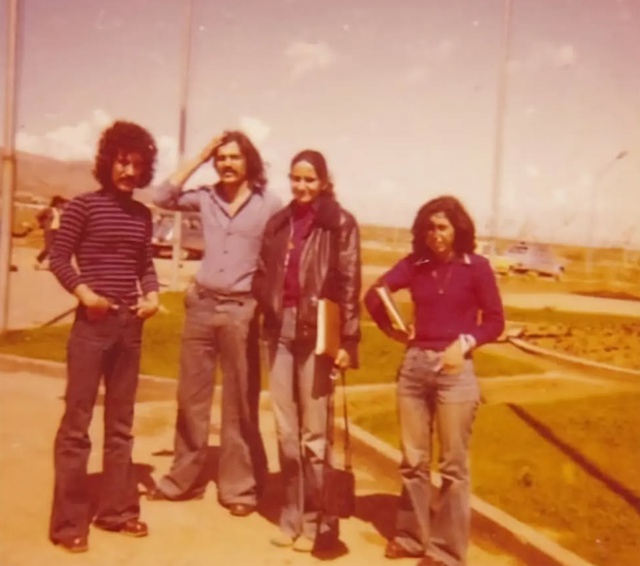Higher education was typically restricted to privileged classes—wealthy families, aristocrats, or urban elites. Students from rural or lower socioeconomic backgrounds faced significant barriers to admission. Gender inequality was another defining feature, with women either excluded or given very limited access. Despite restrictions, universities were vibrant intellectual environments. Students and faculty often formed discussion circles, cultural groups, and literary societies. These spaces encouraged the exchange of ideas that sometimes challenged the status quo.
Even when censorship was present, universities remained one of the few places where new political philosophies could circulate. Many revolutions were preceded by unrest or ideological shifts within universities. Students and professors, exposed to global ideas and philosophical debates, often became early critics of injustice, corruption, or authoritarian rule.


